Animals
-
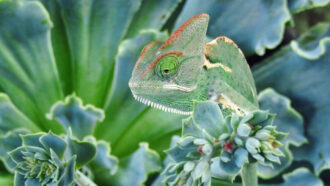 Animals
AnimalsScientists Say: Camouflage
Plants and animals alike hide in plain sight using this sneaky strategy.
-
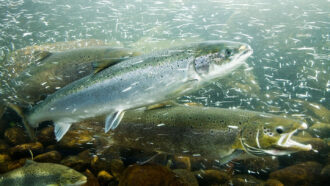 Environment
EnvironmentPumping cold water into rivers could help fish chill out
Hundreds of salmon, trout and other fish sought shelter from summer heat in the human-made cool zones. These areas may help fish adapt to river warming.
By Nikk Ogasa -
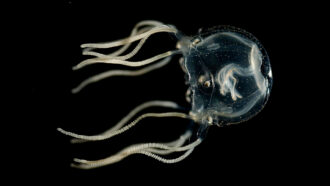 Animals
AnimalsThese jellyfish can learn without brains
No brain? No problem for Caribbean box jellyfish. Their simple nervous systems can still learn, a study suggests.
-
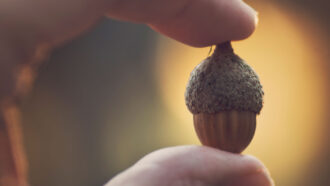 Plants
PlantsScientists Say: Fertilize
This word describes both a stage of sexual reproduction and the agricultural practice of adding nutrients to soil.
-
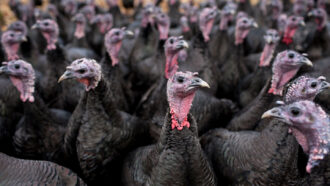 Animals
AnimalsLet’s learn about why turkeys are dinosaurs
Modern birds are the only dinosaurs that survived an apocalyptic extinction event 66 million years ago.
-
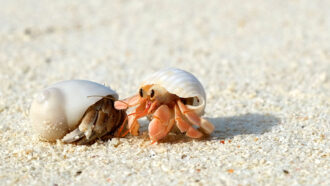 Animals
AnimalsInvertebrates are pretty clever, but are they conscious?
Scientists are designing experiments to test whether these animals have self-aware experiences as we do.
-
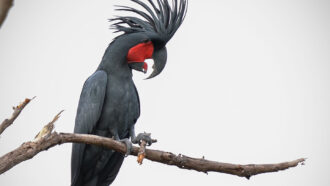 Animals
AnimalsSome cockatoos craft drumsticks, then woo mates like a rockstar
To win over a gal, these flashy males craft and use their signature instruments in a musical display akin to a human rock concert.
By Elise Cutts -
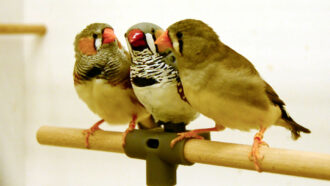 Tech
TechMeet robots on a mission to help birds
A new generation of bird-like robots is helping people better understand and protect the wild animals that inspired them.
-
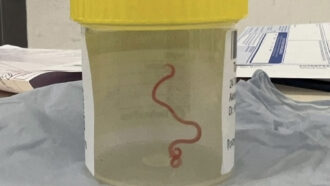 Health & Medicine
Health & MedicineDoctors found a snake parasite in a woman’s brain — still alive
This worm typically infects pythons. Though this is its first known infection in humans, other types of worms also can infect the human brain.
By Meghan Rosen -
 Animals
AnimalsScientists Say: Vertebrate
Animals with spines, or vertebrates, come in all shapes and sizes.
-
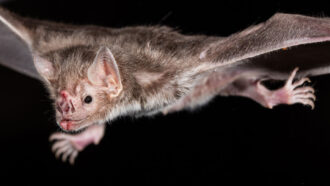 Animals
AnimalsLet’s learn about vampire bats
Vampire bats rarely bite people, instead preferring to feed on animals like cows and horses.
-
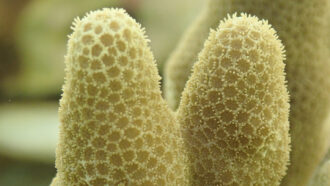 Animals
AnimalsAdult corals have been frozen and revived for the first time
Living corals could be frozen for safekeeping. Scientists could later revive them to restore reef ecosystems that are withering in warming seas.
By Nikk Ogasa